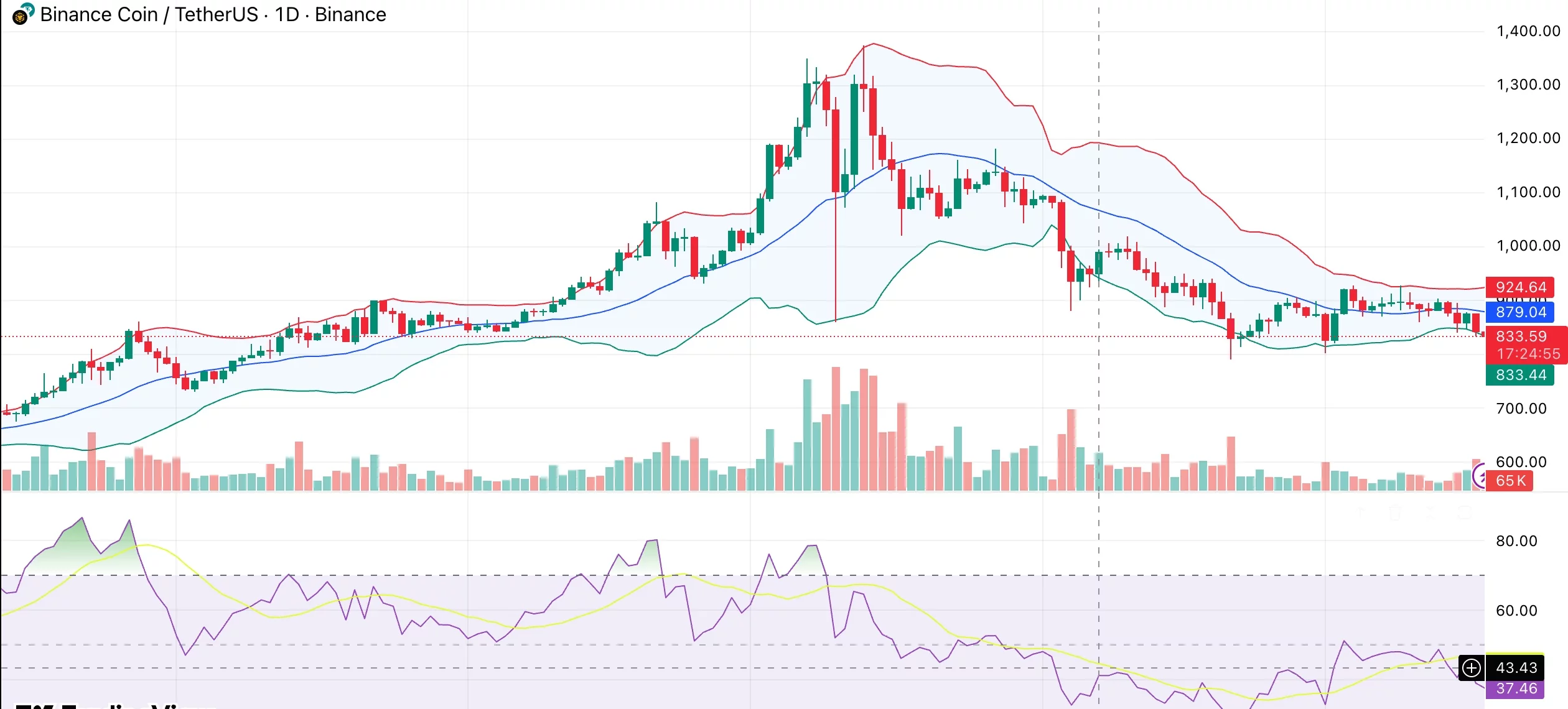Japanese Auto Parts Maker Launches Stablecoin Initiative to Reform Trade Finance
Ikuyo will launch the Stablecoin Settlement Association to reduce trade finance costs, streamline cross-border payments, and enhance Japan’s digital economy through collaboration with financial institutions, trading companies, and blockchain technology providers.
Tokyo-listed automotive parts maker Ikuyo announced plans to establish the Stablecoin Settlement Association to modernize Japan’s trade finance system.
The initiative seeks to cut payment costs, reduce settlement delays, and streamline complex procedures that hamper the nation’s export competitiveness. Ikuyo aims to foster collaboration among financial institutions, trading companies, and fintech firms to promote standardized, blockchain-based settlement infrastructure.
Ikuyo Targets Trade Finance Inefficiencies
The Tokyo-listed firm unveiled plans on September 24 to create the Stablecoin Settlement Association. This initiative addresses persistent inefficiencies in Japan’s trade finance sector, including high transaction costs and delayed settlements that undermine export performance.
The planned association will leverage stablecoins to enhance cross-border payment efficiency and reduce friction in import-export transactions.
According to Ikuyo, current trade finance practices remain heavily paper-based, while industry groups rarely focus on B2B trade finance. Government initiatives promoting trade digitalization have advanced slowly, particularly in the payment space.
Goals for Businesses, Technology Firms, and Policymakers
Through the new association, Ikuyo seeks to deliver multiple benefits. Exporters and importers could gain from lower settlement costs and improved cash flow. For technology companies, the initiative offers new market opportunities, while government agencies would gain a trusted private partner to drive digital economic innovation.
Membership will be open to financial institutions handling payment flows, trading companies and manufacturers managing logistics, and fintech or blockchain providers supplying technical infrastructure.
The association plans to establish operational standards, create safety guidelines, and collaborate with government bodies to support Japan’s digital economy.
The stablecoin effort follows Ikuyo’s June decision to regularly purchase Bitcoin as part of a growth and asset diversification strategy. In July, the company also announced its entry into cryptocurrency mining operations.
Although no official figures on Bitcoin acquisitions have been released, the firm has already used stablecoins for partial payments of mining equipment, electricity, and maintenance fees in Canada through a capital alliance with US-based Galactic Holdings.
Disclaimer: The content of this article solely reflects the author's opinion and does not represent the platform in any capacity. This article is not intended to serve as a reference for making investment decisions.
You may also like
BNB price clings to lower band near $830 amid bearish pressure

Analysts and Traders Grow Even More Bullish on XRP as the Asset Hits Critical Support Level
Trump’s Address Brings Inflation Talk, Skips Crypto Clarity
